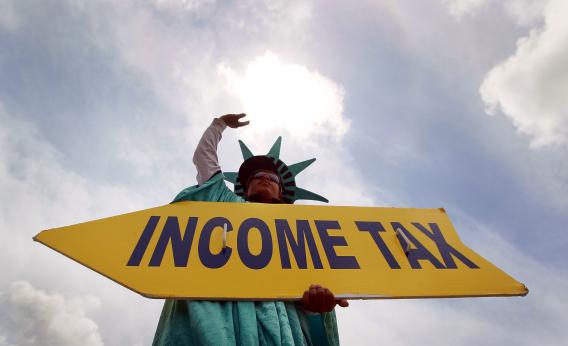Under prevailing American tax law, a firm that wants to pay a dividend to its shareholders needs to pay with after tax dollars while a firm that wants to pay interest on a loan gets to pay with pre-tax dollars. Since the statutory corporate income tax is pretty high at 35 percent, this is a pretty big deal. Indeed, as we recently saw with Dell, private equity takeovers are often just as much about finding ways to exploit tax loopholes as they are about finding ways to improve management.
Reihan Salam makes the interesting point today that a structural bias in favor of debt finance is also a way of advantaging incumbent firms. Brand new companies generally can’t access debt and credit markets on advantageous terms, and need to raise investment funds by selling equity. That’s why you have the little venture capital niche industry for new companies. His contention is that if we reduce debt bias by limiting the tax deductibility of debt and using the money to cut the corporate income tax rate, we’ll do more to reduce incumbent advantage and promote competition.
I would add another benefit to the list. The tax issue is one of the reasons why increasing bank capital requirements is not, in practice, a free lunch that gets us a safer financial sector at zero social cost. But free lunch is delicious. We should be trying to get free lunch. And eliminating the tax bias in favor of debt makes the lunch of higher capital requirements a lot cheaper.
